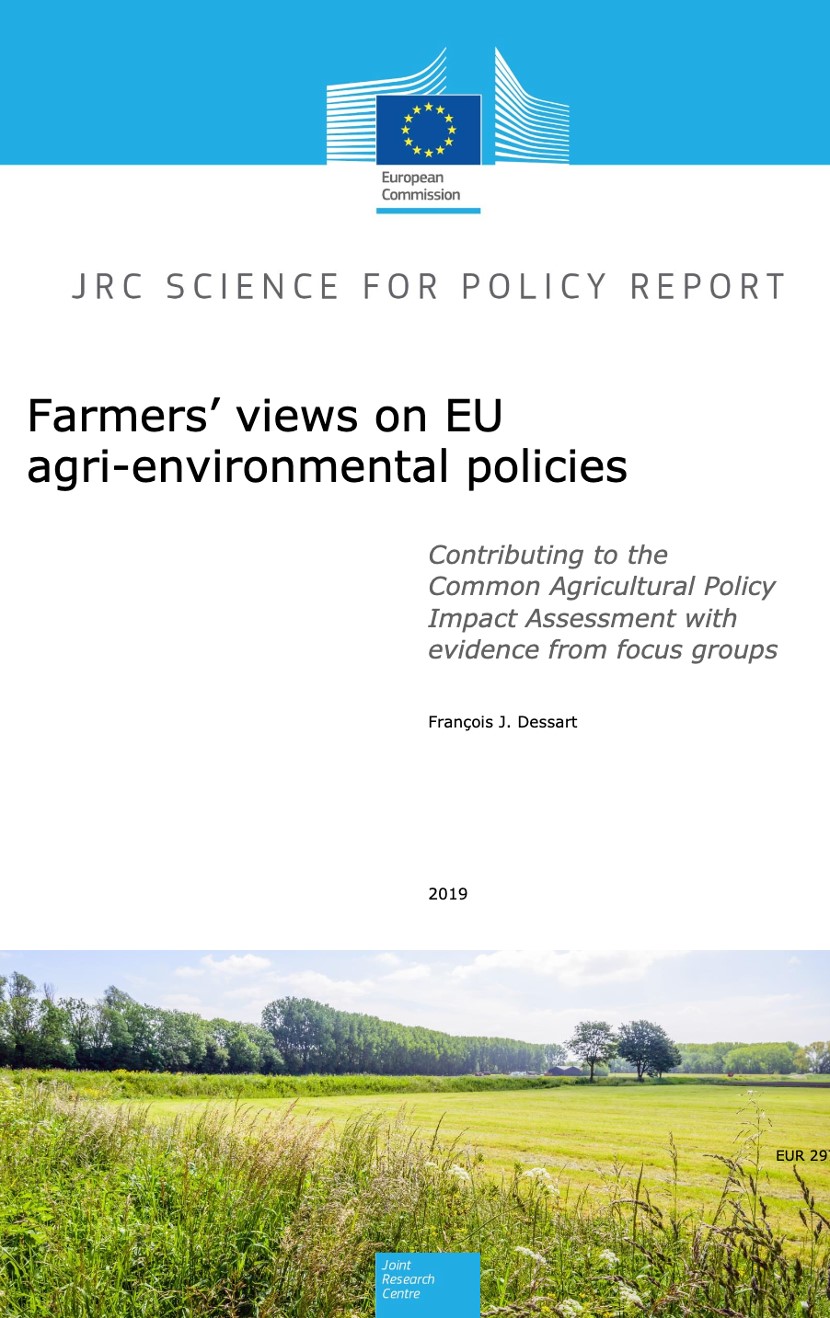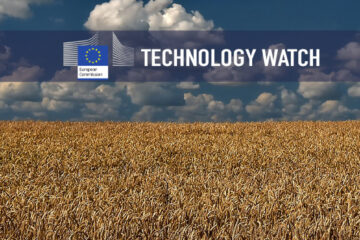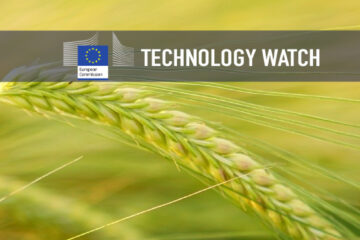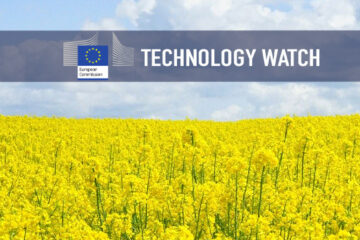This research report was published in 2019 to support the Impact Assessment of regulatory proposals for EU state member strategic planning. The study is introducing a qualitative assessment focused on how farmers think and make their business decisions from a behavioral sciences point of view.
The profit maximization hypothesis is a key concept in economics, commonly used to model decision making of firms. However, in policy making when dealing with other economic agents, the key assumptions this hypothesis is based on are not necessarily true nor always applicable. Behavioral sciences are often used to assist policy making. They provide an alternative point of view and help policy makers better understand what other non-intuitive criteria are considered important, apart from increasing profits, by the economic agents under investigation.
In the case of farmers, for instance, many more factors can play a major role in their behavior other than profits. Gaining a better understanding of all those factors can be critical for EU agricultural policy makers in the framework of the Common Agricultural Policy (CAP).

For more information, click here


